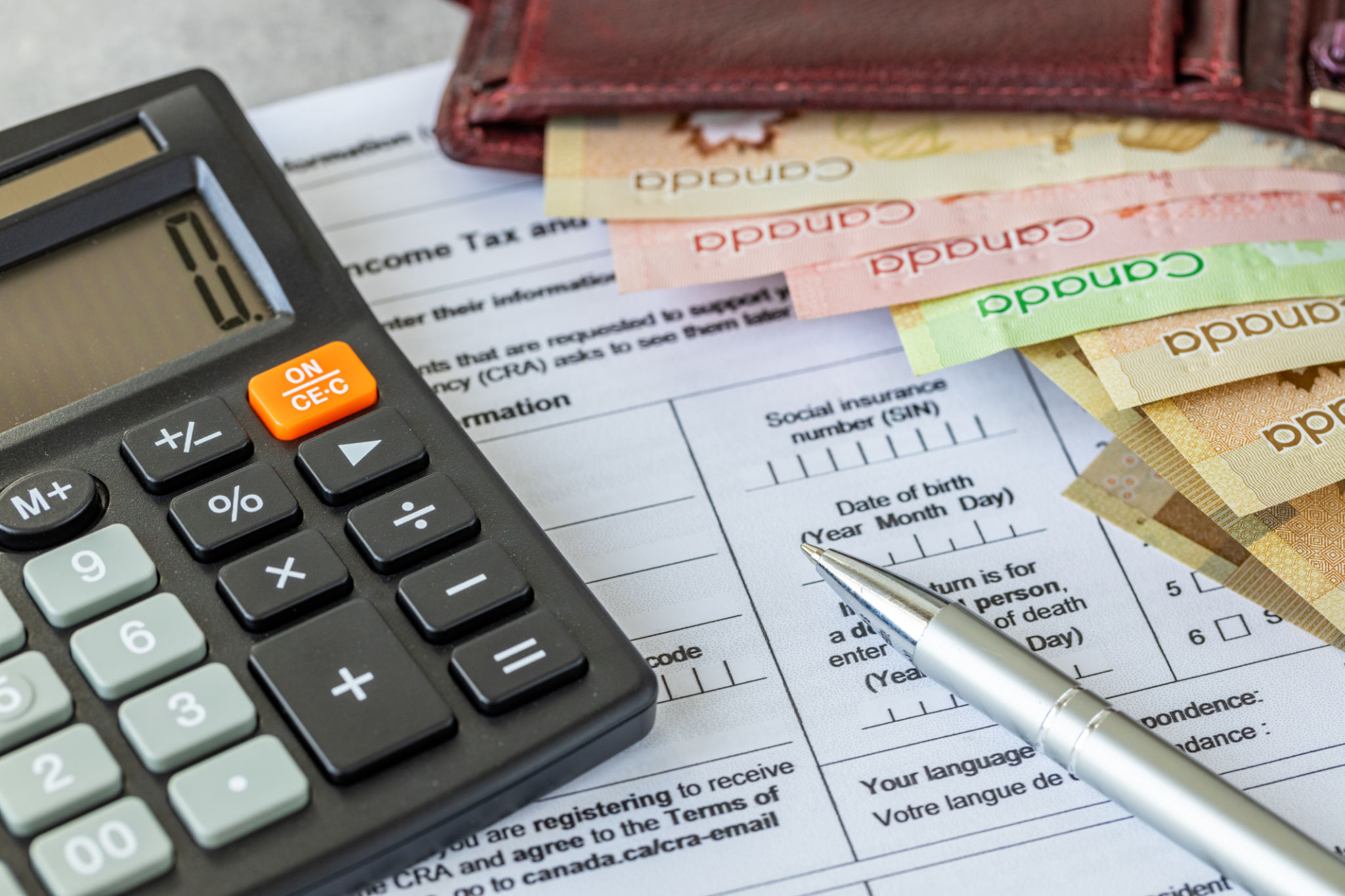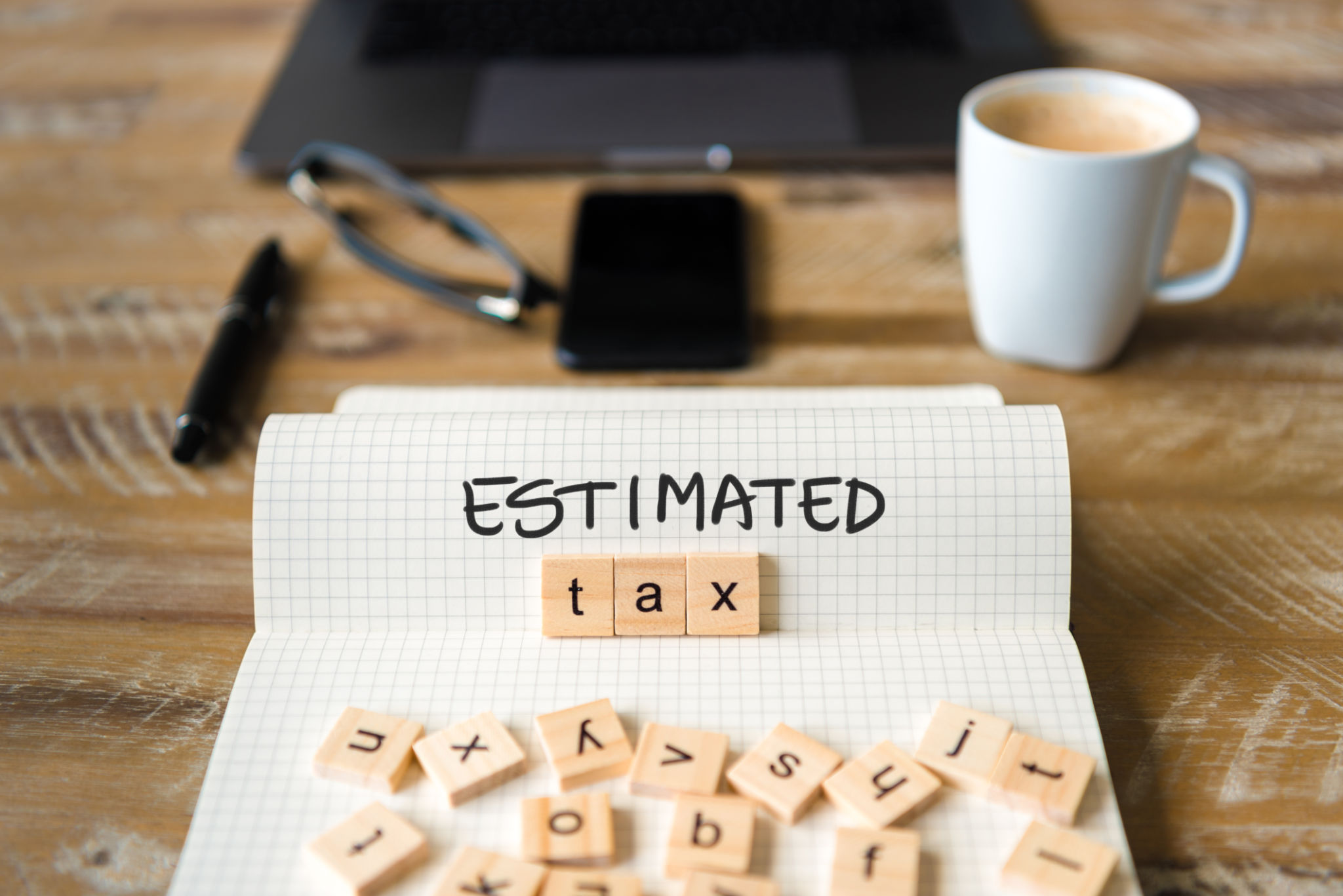Unfiled Tax Years? Here’s How to Catch Up and Stay Compliant
Understanding the Importance of Filing Taxes
Filing taxes is a vital responsibility for every taxpayer. However, life can get hectic, and sometimes, tax years go unfiled. Whether due to oversight, a personal emergency, or simply procrastination, unfiled tax years can lead to stress and financial consequences. Understanding the importance of staying compliant is the first step towards resolving these issues.

The Internal Revenue Service (IRS) expects taxpayers to file their returns on time. When you don't, it can result in penalties, accrued interest on owed amounts, and possibly even legal action. Therefore, catching up on unfiled tax years is crucial to avoid these potential pitfalls.
Steps to Catch Up on Unfiled Tax Years
Getting back on track with your taxes may seem daunting, but breaking it down into manageable steps can help simplify the process. Here's how you can get started:
1. Gather Your Documents
Start by collecting all necessary documents for each unfiled year. This includes W-2s, 1099s, and any other income statements. Having a complete set of records ensures your filings are accurate.
2. Obtain Past Records
If you've misplaced past records, request transcripts from the IRS. The IRS provides transcripts that show data from your past tax years. These can be requested online or by mailing Form 4506-T.

3. File Your Returns
Once you have all the necessary documents, prepare your tax returns for each unfiled year. You may choose to do this yourself using tax software or consult a tax professional for assistance. Filing electronically is generally faster and more efficient.
Addressing Possible Penalties
After filing, you might face penalties for late filing and payment. However, the IRS offers programs like the Fresh Start Initiative that might help reduce or eliminate these penalties if you qualify. It’s essential to explore these options to mitigate financial impacts.

In some cases, the IRS may waive penalties if you can demonstrate reasonable cause for not filing or paying on time. Providing documentation and a clear explanation of your circumstances can aid in obtaining relief.
Staying Compliant Moving Forward
After resolving past issues, it's crucial to maintain compliance in future tax years. Here are some tips to stay on track:
- Keep Organized Records: Maintain a systematic approach to organizing tax documents throughout the year.
- Set Reminders: Use digital tools or calendar reminders to ensure you don't miss filing deadlines.
- Seek Professional Help: If taxes become overwhelming, consider hiring a professional accountant or tax advisor.
By implementing these strategies, you can minimize stress and ensure timely compliance with your tax obligations.
The Benefits of Staying Current
Catching up on unfiled tax years and maintaining compliance moving forward offers numerous benefits. It alleviates the stress associated with potential audits and legal issues. Moreover, staying current with your taxes helps improve your financial health by avoiding unnecessary penalties and interest payments.
In conclusion, while unfiled tax years can initially seem overwhelming, taking proactive steps to address them is essential for peace of mind and financial stability. By understanding your obligations and seeking help when necessary, you can effectively manage your tax responsibilities and stay compliant in the future.
